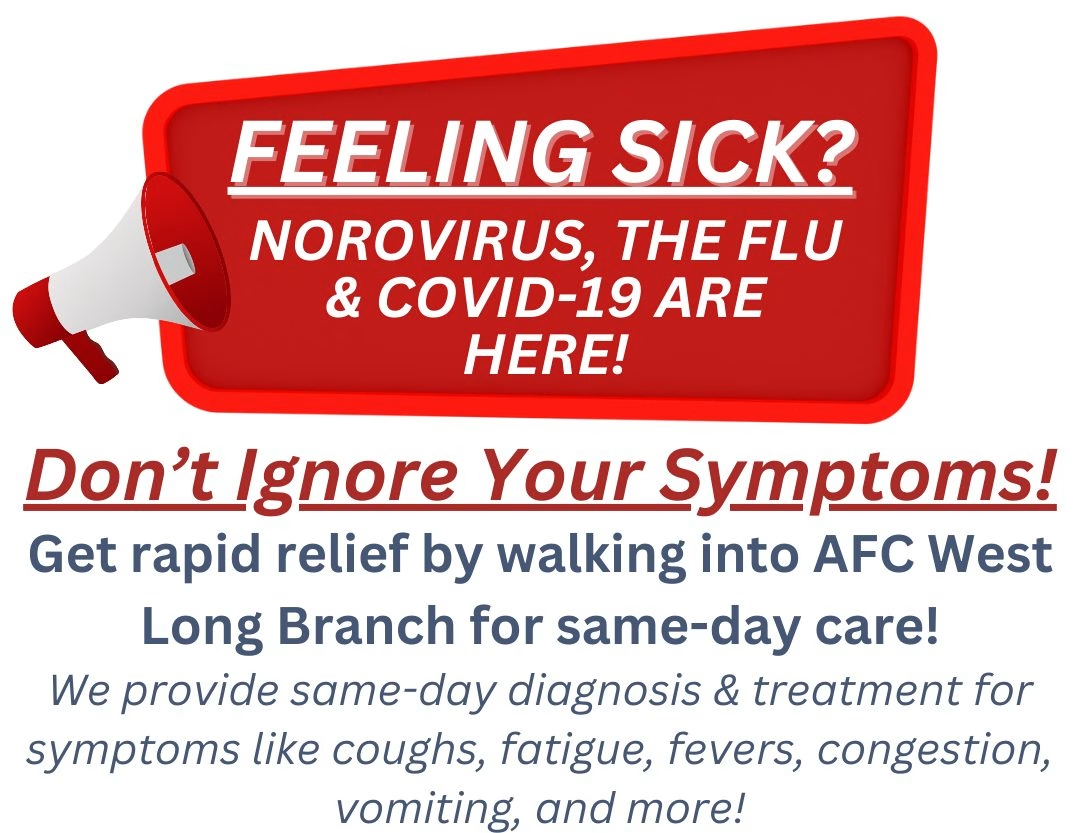"
(March 20, 2017) – This year, your sneezes, coughs and sniffles may have started sooner than ever before. We can thank an abnormally warm winter that is causing flowers, trees and plants to bloom weeks earlier than expected. That yellow blanket of pollen outside is developing faster and thicker this year because of the earlier arrival of those spring-like temps. The early warmth could make for a very long pollen season, especially for people who suffer from horrible seasonal allergies.
With a prolonged allergy season in the forecast, doctors at American Family Care (AFC) have identified the Top Five Habits That Make Your Allergies Worse. AFC physicians see more than two million patients every year. With more than 170 medical centers in 26 states, they evaluate more allergy sufferers than any other health care provider outside of the federal government.
“We have a unique perspective on the severity of the season and how to mitigate suffering,” says Dr. Jeremy Allen, a board-certified family practitioner at American Family Care. “More and more people visit our clinics thinking they have a cold, but in many cases, it is an allergy attack.” Indeed, visits by allergy sufferers are on the increase in AFC clinics, and many of those patients have everyday habits they should avoid to keep their allergies from flaring up.
Top Five Ways to Make Your Allergies Worse:
- Drinking alcohol: An extra glass of wine at dinner could irritate existing allergies. A Danish study* found every additional alcoholic drink in a week increased the risk of seasonal allergies by three percent. The researchers suspect the bacteria and yeast in the alcohol produce histamines and cause a stuffy nose or itchy eyes.
- Making your bed: Dust mites love to put down roots in bedding and mattresses. AFC physicians say at night, while you sleep, moisture from body sweat helps keep the little critters alive. When you make your bed in the morning, you are tucking in those pesky bugs so they cannot escape. Airing out your sheets can make it harder for allergens and bedbugs to stay alive.
- Wearing contact lenses: AFC doctors say, in some cases, lenses can trap pollen against the surface of the eye. This can be an even bigger issue for anyone who is already suffering from red, itchy eyes triggered by seasonal allergies.
- Eating certain fruits and vegetables: We are raised to think eating our veggies is good for us. Researchers with the Asthma and Allergy Foundation of America found proteins in certain foods can cause ragweed sufferers to end up with an itchy mouth. The experts say bananas, melons and tomatoes can cause a cross-reaction.
- Using the dishwasher: A Swedish study** published in the journal Pediatrics found children do not develop as many allergies if they eat off hand-washed dishes rather than plates or bowls cleaned in a dishwasher. Researchers found automated dishwashers kill so much bacteria children cannot build up an immunity.
Many allergy treatment options are approved by the Food and Drug Administration (FDA). These include three sublingual (under the tongue) prescription products to treat hay fever (also called “allergic rhinitis”) — with or without the eye inflammation, called “conjunctivitis” — caused by certain grass pollens and short ragweed pollen. The products — Grastek, Oralair and Ragwitek — can be taken at home, but the first dose must be taken in a health care provider’s office.
Tips to Fight Symptoms:
- Stay inside during the times of the year when symptoms surface.
- Keep car and house windows closed, use air conditioning instead.
- Take a shower before bed to rinse pollen off hair and skin.
- Wear a dust mask outside.
*Clinical and Experimental Allergy, July 2008: Glostrup Allergy Study: Thyssen JP, Nielsen NH, Linneberg A.
** Pediatrics, March 2015: Pediatric Allergology, Queen Silvia Children’s Hospital, Gothenburg, Sweden, Bill Hesselmar, MD, PhDa,b,c, Anna Hicke-Roberts, MDd , Göran Wennergren, MD, PhDa,c
"



